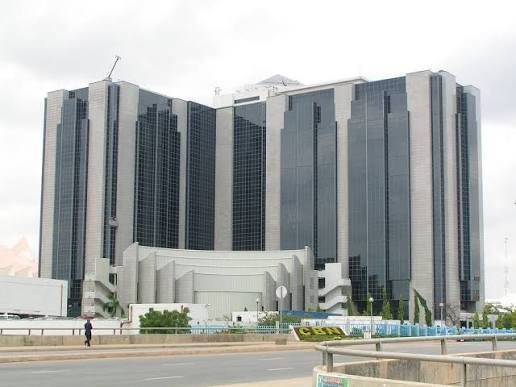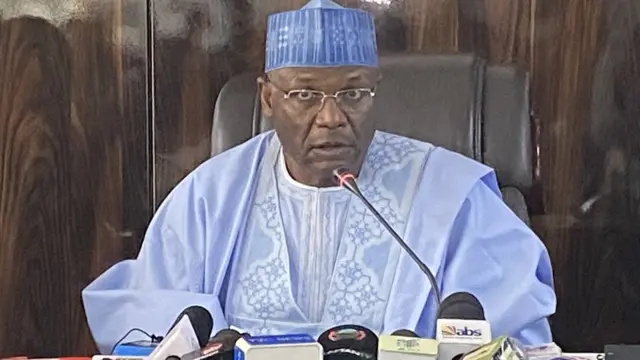
The Central Bank of Nigeria (CBN) reduced its benchmark interest rate by 50 basis points to 27% on September 23, marking its first rate cut in five years. The move follows a prolonged tightening cycle aimed at reining in persistent inflation.
After averaging 31% in 2024, inflation dropped to 20.1% in August, marking the fifth consecutive monthly decline. The naira has strengthened by 3% against the US dollar this month, while food prices show signs of stabilization. “The Committee will remain proactive with a data-driven policy approach,” said CBN Governor Olayemi Cardoso, emphasizing the aim of bringing inflation below 10%.
Policy makers say that reforms introduced since 2023 are beginning to yield results. These include removing fuel subsidies, liberalizing the foreign exchange market, and ending central bank deficit financing. Inflation expectations are easing, with the IMF projecting average inflation of 24% in 2025 and 23% in 2026.Nigeria’s economy is showing signs of resilience. GDP grew 4.23% in the second quarter the fastest pace since 2021.
The IMF forecasts growth of 3.4% in 2025, supported by oil production of 1.7 million barrels per day and output from a new domestic refinery. Services, particularly finance and the digital sector, remain major growth drivers.
However, the recovery remains fragile. The agricultural sector faces security and productivity challenges, and the economy remains vulnerable to external shocks, including lower oil prices, tighter global financing conditions, and climate risks. The IMF warns that the fiscal deficit could widen to 4.7% of GDP in 2025, above official projections, while public debt currently stands at 52% of GDP.
The CBN now faces the challenge of balancing disinflation with economic growth. After nearly 900 basis points of rate hikes in 2024, the central bank is approaching cuts cautiously. Analysts suggest that rates could fall by up to 700 basis points by late 2026, but progress will depend on external balances and the government’s ability to generate revenue through tax reforms and subsidy removals.
Structural challenges persist. Nearly 46% of Nigerians lived below the poverty line in 2024, and over 30 million people experienced food insecurity. Access to credit remains limited, particularly for small businesses, while high living costs continue to fuel social tensions.Through this policy easing, the CBN aims to stimulate investment and maintain market confidence.
Nigeria regained access to international bond markets in late 2024 and achieved a credit rating upgrade in April 2025. Yet the margin for error is slim: a resurgence in inflation or a sharp drop in oil prices could compel the central bank to tighten policy once again.




